| row-start col-xs-12 |
| row-start col-md-7 |
‘Challenger Banks’ and the Fintech Revolution
The relationship between consumers and their banks is particularly complex; it can be one of love and hate, and, on average, lasts longer than the relationship with a romantic partner. When it comes to matters of money, consumers have traditionally been loath to rock the boat – and though many will complain about their bank, few will make a change.
Unsurprisingly, banking gained a reputation as a closed industry, with established players holding dominance while start-ups struggled to gain a foothold.
As the world enters the digital age, these days are over. The rise of UK banking start-ups such as Atom Bank, Monzo, Revolut, and Starling has reignited innovation within the sector.
Founded in 2014 and arriving on the market in October 2016, Atom Bank can be credited as one of forerunners in the sector’s revolution. Based in the North-East of England, the start-up transformed the way consumers communicate with their banks – foregoing physical branches and engaging users purely through its smartphone application. By Spring 2018, it had raised £149 million in a single funding round – demonstrating a confidence from investors that has been reflected by consumers, with Atom Bank having now amassed more than £1 billion in deposits and asserting its position as one of the fastest-growing businesses in the UK.
At the same time, Monzo – the ‘mobile-first’ bank – has wowed consumers with a transparent debit service that offers intelligent notifications and instant balance updates to give consumers more control over their financial management.
Similarly, Starling Bank has also targeted the smart-phone generation, creating a one-stop for financial services by offering consumers personal and business accounts, as well as access to a marketplace of third-party providers for everything from insurance and pensions to mortgages and investment platforms.
Elsewhere, Revolut offers currency exchange and peer-to-peer payments, allowing consumers to open an account within three minutes that will give them ATM access to 90 currencies and the ability to send 23. The majority of its services are free.
The impact of these ‘challenger banks’ has forced real change within the sector. In the UK alone, the largest banks have closed over 1,700 branches in the last five years – all in response to the consumer behaviour change set in motion by the digital-first disruptors.
Acknowledging the UK is at the forefront of the fintech revolution, the US firm Citigroup selected London as the site of its latest innovation lab network. Focusing on developing advanced technologies including data visualisation and high-tech computing, the decision will further bolster the city’s fintech expertise.
Following the lead of these trail-blazers, the established banking industry has invested heavily in developing their own digital capabilities, with the mobile channel now overwhelmingly the de facto method of money management – HSBC, for example, noted that more than 90% of its customer interactions came via digital channels, up from 80% in 2016.
Already considered as a global centre of excellence for financial services, the fintech revolution ensures that the UK will continue to be a hub for the best and brightest organisations in the sector. With new providers emerging almost daily, the industry’s transformation is just getting started.
| col-sm-12 col-md-5 row-end top-80 |



